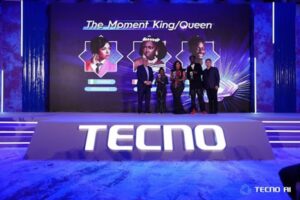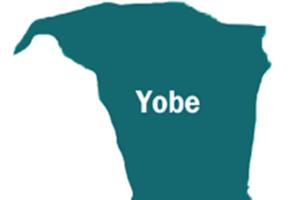
The U.S. Department of Education under the Trump administration has quietly suspended student loan forgiveness under the Income-Based Repayment (IBR) plan, leaving millions of borrowers in limbo with no clear timeline for when the process will resume.
IBR is one of the four federal income-driven repayment (IDR) plans designed to ease loan burdens by tying monthly payments to a borrower’s income and family size. After 20 or 25 years of consistent payments, borrowers are promised loan forgiveness. Unlike the other plans currently entangled in court injunctions, IBR had remained unaffected—until now.
In a recently updated FAQ, the Department of Education stated:“IBR forgiveness is paused while our systems are updated to accurately count months not affected by the court’s injunction. IBR forgiveness will resume once those updates are completed.”
Read Also: Trump signs order withdrawing US from UN bodies
This development has caused confusion among borrowers and experts alike, as IBR is not subject to any court injunction, unlike the three other plans — Income-Contingent Repayment (ICR), Pay As You Earn (PAYE), and Saving on a Valuable Education (Save) — which are currently on hold due to ongoing litigation.
Student loan servicers report that they have not received any official direction from the Department since mid-January regarding the processing of IBR forgiveness. Many were surprised by the update, given that IBR is the only remaining plan legally authorized to forgive loans without interference.
The controversy stems from a court ruling that halted the Save plan — a flagship Biden-era repayment program — after Republican-led states challenged its legality. The Save plan, introduced under the 1993 Higher Education Act, promised lower monthly payments and faster forgiveness, but courts found the legal basis insufficient. That ruling also put a hold on loan discharges through PAYE and ICR, which rely on the same statute.
IBR, on the other hand, was created by Congress in 2007 with explicit authority to grant forgiveness after the repayment term, which is why it had remained functional — until now.
With interest set to resume on Save loans starting August 1, despite payments being paused, many of the program’s 7.7 million enrollees are being urged to switch to IBR. However, the suspension of forgiveness processing may discourage such moves, especially if the department fails to provide clarity soon.
Adding to the uncertainty, a new tax law signed by President Donald Trump earlier this month officially terminates the Save program, giving borrowers until 2028 to exit the plan.
As borrowers await further guidance, concerns are rising that millions could find themselves stuck in a repayment plan with no immediate path to loan forgiveness — a potentially devastating blow to those who have spent decades making payments in good faith.








